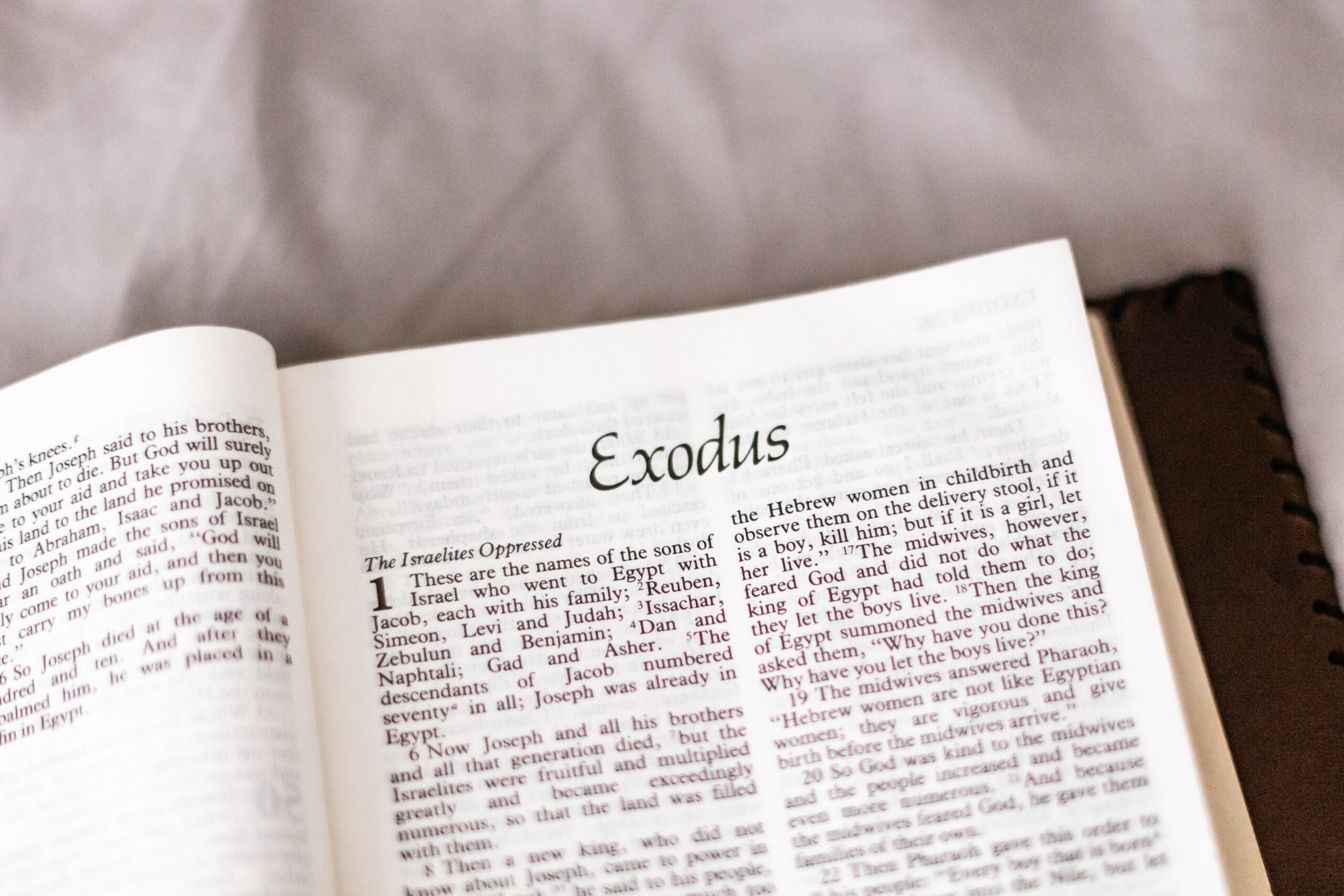| Getting your Trinity Audio player ready... |
You should know therefore that G’d has granted permission to interpret the meaning of the verses by our using our intelligence in order to do research, even if, on occasion, the conclusions we arrive at seem to contradict the traditional interpretations of the mental giants of earlier generations. This is the meaning of the rule that שבעים פנים לתורה [Shiv’im Panim LaTorah], that there are 70 ways to interpret the Torah. As long as our interpretations do not result in halachic rulings which run counter to our traditions we are perfectly within our rights to pursue our own path. This is the reason that the teachers of the Talmud were not at liberty to interpret the Torah in such a way that their halachic rulings would conflict with those of the teachers of the Mishnah. When it comes to the interpretations of the meaning of the written text of the Torah you find that the Amo-ra-im frequently disagree with the Tanna-im, the teachers of the Mishnah.
For the inclination of man’s heart is evil from its youth. This statement is best understood as similar to the Talmud Baba Kama 39. The Talmud discusses an incidence in which a bull trained to perform in an arena has gored someone. Such an animal is not subject to the death penalty as it only did what it was expected to do. The reason cited in that Mishnah is that the Torah uses the future tense יגח in Exodus 21,28 when providing the death penalty for oxen which gore a human being. Animals which have been trained to do just that are not culpable for doing what comes naturally. Similarly, man, equipped as he is with an evil instinct from birth, is not culpable until he has learned to distinguish right from wrong. This rule applies to minors not being subject to the judiciary process. They are, however, punishable by G’d for not having heeded His call. In that respect man is not like the bull we mentioned. Man’s advantage over the beasts is his knowledge of good and evil. He is charged with despising evil and choosing what is good. The fact that man was born with the יצר הרע [yetzer hara, evil inclination] only, acts like an extenuating circumstance protecting him against G’d’s anger.
Ten camels, etc… Another reason is that the number ten simply means “many,” as we find in Samuel I 1,8, where Elkanan asks Channah if he was not worth more to her than “ten sons?” The meaning there is clearly not the number ten, but “ten” as indicative of a large number.
They killed every male. Why did they kill people who had not actively committed a sin? Why did they not first kill the truly guilty, i.e. Shechem? Actually, the sons of Jacob did not intend to kill anyone except the guilty party; however, all the inhabitants formed a human barrier to protect their king and prince. As a result the sons of Jacob were forced to kill the townspeople under the heading of killing a רודף [rodef], a pursuer, someone who endangers the life of the avenger. When the Torah states that they killed all the males this means that they succeeded in killing Chamor and his son only after killing the other males in the town. Had they not done so they could not have executed someone who was guilty of death. Another reason they killed all the males in the city was that they had all been accessories to the crime by keeping Dinah captive after the rape. This was tantamount to kidnapping. According to the Noachidic law the penalty for kidnapping is death. Gentiles are not guilty of the death penalty for sleeping with an unmarried girl. You will note that the Torah (or the brothers) describes all the people of having “defiled their sister” (34,26). This shows that they all shared equally in the guilt of kidnapping. The reason the Torah does not speak about these people having “stolen” their sister is that the principal sin they were guilty of was that it was the kind of robbery which could not be made good. [If you kidnap a virgin and you give back a woman who has been defiled by sexual intercourse out of wedlock this is not a proper restoration. Ed.] The Torah makes it plain by using the term “they had defiled,” that if the sin had not been one that could not be reversed the brothers would not have killed all the males in the town. While it is certainly true that the people of Shechem were not the only ones in the world guilty of such crimes, and Noachides who have committed robbery are all guilty of the death penalty, the brothers could certainly not be expected to play executioners in all such instances. They lacked the power to do so. Jacob himself alluded to this when he accused Shimon and Levi as “distressing” him, especially in view of the fact that his family was “numerically weak” (verse 30). Another reason why the Torah speaks of “who had defiled” is to justify the brothers looting the belongings of the inhabitants of Shechem. Their property served as דמי בושת [d’mei boshet], compensation for the humiliation Dinah had suffered at the hands of these people. The amount of such compensation is determined in accordance with the relative stature of the victim as well as the perpetrator of the crime. In this instance both Shechem and Dinah were of very elevated stature so that the compensation due was of the highest category. The entire possessions of the townspeople may not have sufficed to provide adequate compensation for the shame Dinah had suffered. She was a person who was unique in the whole world. When I mentioned earlier that a self-confessed sinner is free from financial penalties, this does not apply to the money paid as compensation for shaming someone (Ketuvot 41).
Joseph dreamed. The Torah reports that Joseph only dreamed so that we should not think that he hallucinated making himself believe he had dreamed when in fact he entertained thoughts of lording it over his brothers. The reason that in verse 9 the Torah repeats again that Joseph dreamed is also to emphasise that it was a nocturnal vision, that he had not made up the story he told his brothers.
The daughter of a Canaanite. The word “Canaanite” means a trader. Ibn Ezra writes that it is possible that the word Canaanite is to be understood in the usual way, i.e. a local inhabitant of the Canaanite tribes. I maintain that it is impossible to imagine that any of the sons of Jacob would intermarry with the Canaanites, something which their forefathers had so strenuously opposed, as pointed out specifically in Pessachim 50. The Torah was careful to say “the daughter of a Canaanite man,” meaning that she herself was not a Canaanite woman. This is only possible if her father was a merchant, not an actual Canaanite. Had she been a Canaanite, Yehudah would have been guilty of a great misdemeanour by marrying her. If this had indeed been the case the Torah would have indicated it by writing “he married a Canaanite woman whose father was called Shua,” or something similar. It would not even have required an additional word to inform us of that fact. The Torah should not have let us surmise that Yehudah married a Canaanite woman but should have spelled it out clearly.
Note to Readers: The insights and wisdom in these books are too valuable not to be shared widely. There’s an urgent need for them to be made into audiobooks, expanding their reach and accessibility. If you have the influence or means to make this happen, I encourage you to lend your support. Let’s work together to bring these important words to a broader audience.
Note that if you do not know the meaning of a Hebrew word you can copy and paste it from Sefaria into ChatGPT and it will generally give you a reliable translation. Additionally, you can play the book out loud using Natural Reader and read along with the hardcopy.













